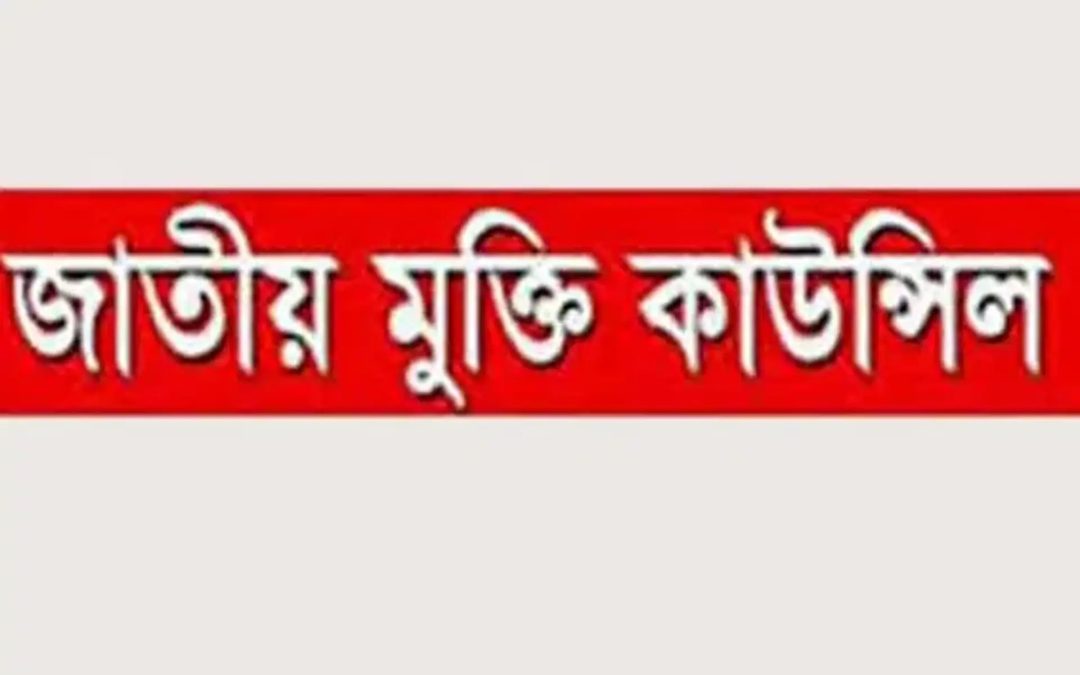At the party’s central office on Topkhana Road in the capital, a discussion meeting entitled “Path to overthrow the fascist regime: Elections, not mass coups” was conducted in honor of the 19th founding anniversary of the National Liberation Council|Photo: Collected
In times of hardship, when the voices of the masses are drowned by systems of unchecked power, change becomes not a choice but a necessity.
Bangladesh, as of late 2022, stands at a crossroads where spiraling living costs, rampant corruption, and political instability have gripped the nation.
The people, however, refuse to be mere spectators to this unfolding crisis. They are calling for action—a decisive, collective movement that aims to reclaim power for the people and dismantle oppressive rule.
This article delves into the critical discourse held during the 19th founding anniversary of the National Liberation Council, offering insights into the challenges and the road ahead for Bangladesh’s democratic aspirations.
The Unbearable Weight of Crisis
Daily life for millions of Bangladeshis has become an uphill battle.
Basic necessities, such as rice, pulses, and flour, have seen unprecedented price hikes.
National Liberation Council Secretary Faizul Hakim highlighted how corruption in the energy sector exacerbates the crisis, leading to relentless load-shedding and disruptions in industries.
Fuel price surges have not only raised transportation costs but have also crippled the manufacturing sector.
The crisis deepens with the increased cost of urea fertilizer and essential medicines, further burdening the agricultural sector and public health. With unemployment on the rise, the gap between the people and the ruling elite widens.
In Hakim’s words, this chaos signifies that Bangladesh is at a tipping point, and its citizens are yearning for an end to this oppressive regime.
Mass Movements: The Only Path Forward
Jatiya Gano Front coordinator Tipu Biswas brought a stark reality to light—elections under the current government will not earn the people’s trust.
Even a caretaker government, often perceived as an impartial solution, would fail to address the structural imbalances ingrained in the system. What Bangladesh needs now, Biswas argues, is a mass upheaval.
A movement that unites workers, farmers, and marginalized communities is not just ideal; it is imperative.
This movement must not be limited to reforms but should aim to dismantle the existing systems of power and establish governance that truly reflects the will of the people.
Without such unity, Biswas asserts, meaningful change will remain out of reach.
Revolution Through Unity and Leadership
The discourse during the National Liberation Council’s anniversary resonated with a common theme: unity among the oppressed.
Hasibur Rahman, President of Bangladesh Writers’ Camp, emphasized that workers, farmers, and the oppressed must come together to establish a constitutional state that empowers the people. Rahman rejected surface-level reforms, urging a complete overhaul of the political structure to place power in the hands of the people.
Other leaders echoed this sentiment.
Naseeruddin Ahmed of the Ganamukti Union and Amal Tripura of the Pahari Chhatra Parishad called for collective leadership to guide the revolution.
Kazi Iqbal from the Democratic Revolutionary Alliance highlighted the importance of strategic organization to channel the people’s anger into effective action.
The meeting concluded with a spirited address by Bangladesh Students Federation President Mitu Sarkar, who underscored the role of young voices in shaping the nation’s future.
Verdict
As Bangladesh faces this critical juncture, the call for unity among its people grows louder. This is not merely a political struggle; it is a battle for dignity, survival, and the promise of a better tomorrow.
The leaders of the National Liberation Council have laid out a roadmap for change—one rooted in mass mobilization, collective resilience, and a shared vision of justice.
The future of Bangladesh hinges on its people’s ability to rise against tyranny and demand a system that serves all, not just the privileged few.
This is not just a cry for political reform but a plea for a societal transformation that prioritizes humanity, equity, and hope.
Let this be a reminder: true power lies in the hands of the united people.

